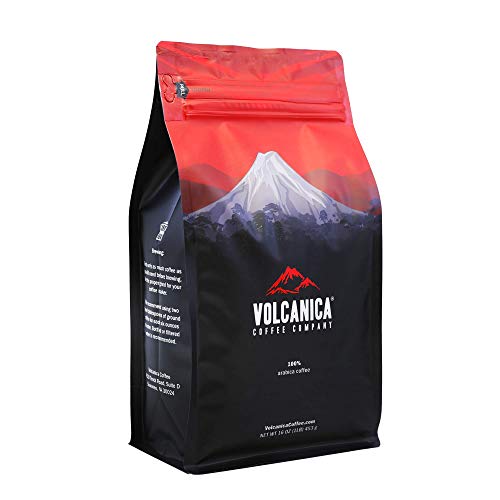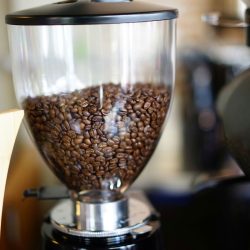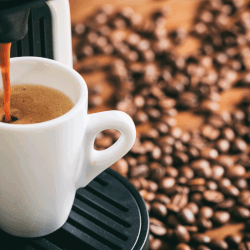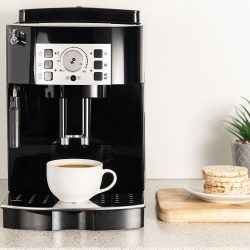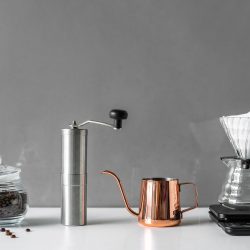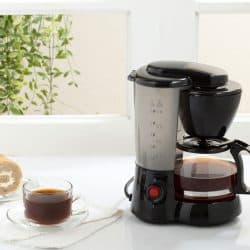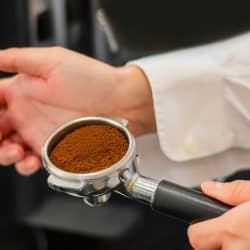Finding the perfect blend of coffee can feel impossible at times. Are you looking for an extra-strong variety of coffee but have no idea whether Colombian roasts have more caffeine? Is Colombian coffee the best coffee out there? Luckily, we've done plenty of digging and have the answers for you. Let's discuss.
Although Colombian coffee is tasty, it won't usually have more caffeine than other varieties. With that said, high-quality Colombian Arabica coffee has 30-50 milligrams of caffeine per single espresso serving, which isn't weak.
How a coffee bean grows can also affect its strength long-term; so many things come into play here.
As we begin, we will cover all things Colombian coffee and discuss how much caffeine it truly has. Whether you're a coffee connoisseur or new to this world, we're here to offer some guidance. With that said, let's dive right into this topic below!
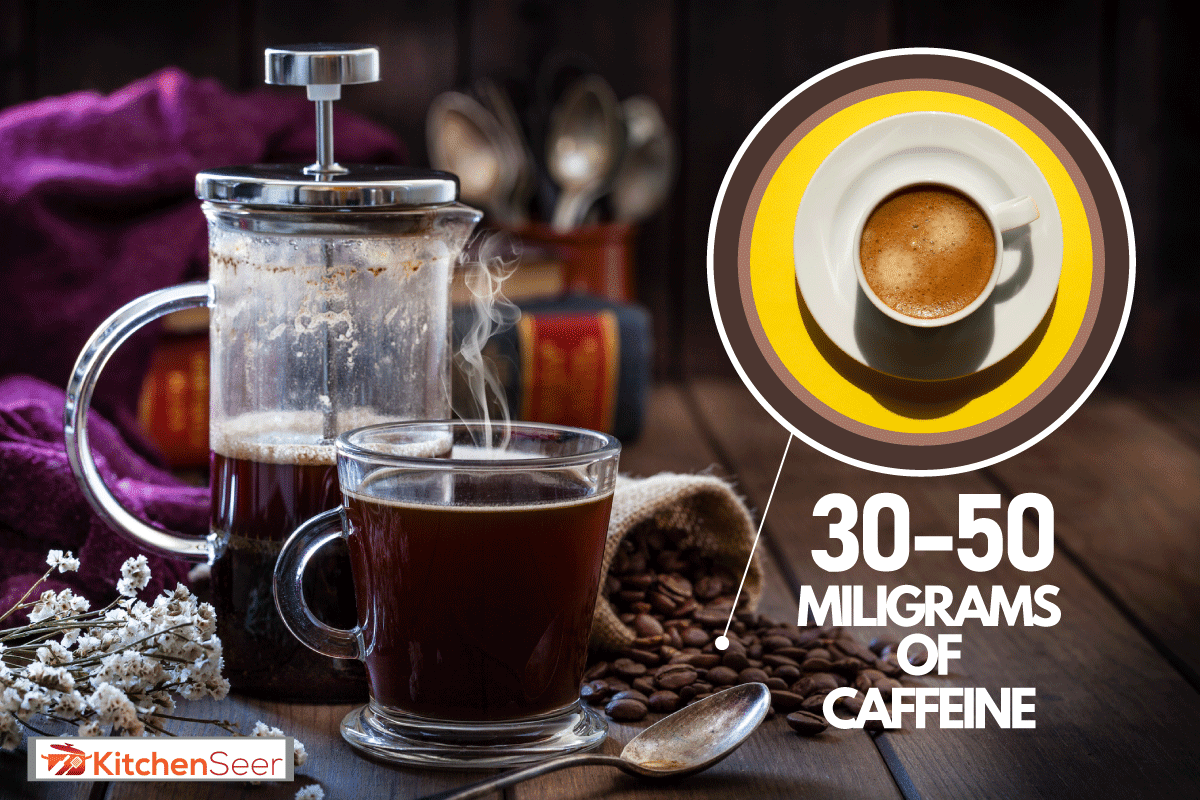
How Much Caffeine Does Colombian Coffee Have?
You can typically expect a high-quality Colombian coffee to contain between 30 and 50 milligrams per espresso serving. Furthermore, you can also expect an eight-ounce cup of Colombian coffee to have around 200 milligrams of caffeine.
Considering that the average eight-ounce cup of coffee will only contain 95 milligrams of caffeine, this is impressive. Although Colombian coffee isn't necessarily "stronger" than most blends, it certainly will give you a kick.
Buy Organic Coffee states that how a bean is grown and how coffee is made will also affect caffeine levels. For example, a super light roast of coffee isn't going to compare to a dark one caffeine-wise.
It's also worth mentioning that Colombian organic coffee tends to have higher caffeine than non-organic options and is also healthier for you. Ideally, you want your coffee to be in the purest form possible.

Does Colombian Coffee Have More Caffeine Than Regular Coffee?
Yes, Colombian coffee can be stronger than regular coffee, depending on how you make it. Typically, the longer you roast Colombian coffee, the weaker it gets, so keep that in mind.
Also, Colombian coffee varieties tend to have lower caffeine levels if they undergo a washing process. Unfortunately, this happens more often than not, which gives the coffee type a bad rep.
You can also experiment with different Colombian coffee products until you find one that works for your caffeine needs. As we said, lighter roasts tend to have less caffeine than dark but taste better.
Furthermore, a cup of coffee may not be the route you want to go for instant energy. Instead, try making a shot (or three) of Colombian espresso and drink that.
What Makes Colombian Coffee Different?
One of the main differences between traditional and Colombian coffee varieties is how they grow. Generally, the growing conditions for Colombian beans include higher elevation, high-quality soil, and plenty of sunshine, hence why they taste so good.
Additionally, Colombian coffee will always be Arabica beans, which are premium quality. These details can make a huge difference in the taste of your brewed coffee, so it's understandable why everyone can't get enough of Colombian coffee products.
Is Colombian Coffee Healthy?
Yes! Drinking Colombian coffee can be beneficial to your health. Besides having antioxidant properties, Colombian coffee can help prevent a variety of diseases:
- Liver cancer
- Hepatitis
- Cirrhosis
On top of that, drinking Colombian coffee can lower your chances of developing liver disease by roughly 80%. You'll need to drink around four cups every day to see these health benefits, but it's still interesting to think about.
Coffee, in general, is very good for your body, so not only will it give you a boost of energy, but it could potentially save your life.
What Kind Of Roast In Colombian Coffee?
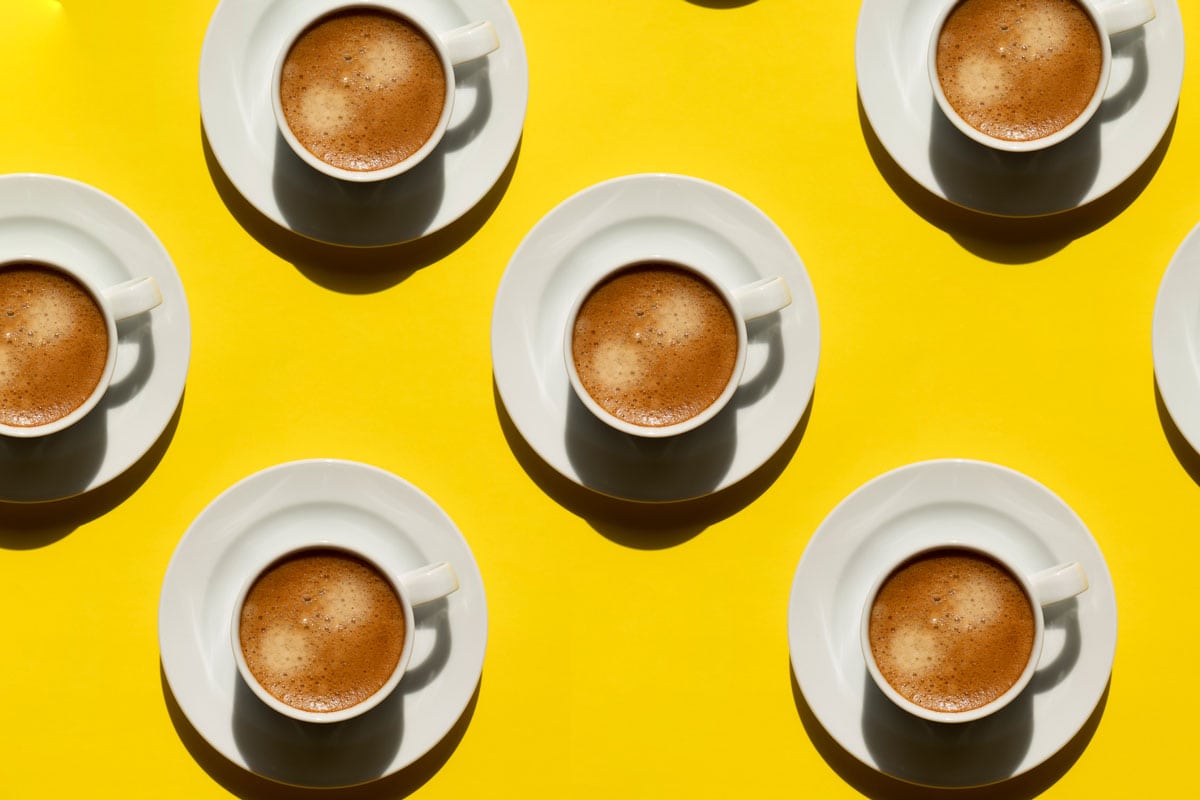
Colombian coffee can be any roast you like. Whether it's light, medium, dark, French, or Italian roast, Colombian coffee cover all of these territories.
According to Eleven Coffee's, you'll want to roast Colombian coffee light or medium to get the best taste. Usually, darker roasts mask a lower quality bean, ultimately tricking you into thinking it's a high-caffeine, superior quality option.
As we mentioned earlier, you also want to find organic beans. Remember, the better coffee's growing environment, the stronger it is in caffeine/quality. Even if a bag of Colombian coffee organically sourced is more expensive, we think it's worth the splurge.
What Brand Makes The Best Colombian Coffee?
Although opinions vary, one of the best Colombian coffee available comes from Volcanica. This brand has a 'Colombian Peaberry Coffee Medium Roast,' which critics are crazy about.
Another great Colombian option comes from Cooper's Cask and is a dark roast. For those unfamiliar with these brands, Peet's also has a highly-rated Colombian blend, 'Colombia Luminosa,' so that's something to consider.
Something these three brands share is their dedication to quality. Regardless of what coffee bean you prefer, having it be ethically sourced and given high-quality growing conditions can make a difference.
Volcanica Colombian Peaberry Coffee
This 100% Pure Colombian Supremo Peaberry Coffee is a medium roast made with rare beans, promises to be fresh, and comes in a 16-ounce bag.
View this Colombian coffee on Amazon.
Cooper's Cask Dark Roast Colombian Coffee
This premium-grade Colombian coffee is a dark roast, has a hint of cocoa and dark fruit notes, promises a smooth taste, is a small business owned, and comes with a satisfaction guarantee.
Follow this link to see it on Amazon.
Peet's Coffee Colombia Luminosa
This Colombian coffee is a light roast, has a mild, sweet flavor, promises a high-quality, smooth taste, and comes in a two-pack of 12-ounce bags.
Is Colombian Coffee More Acidic?
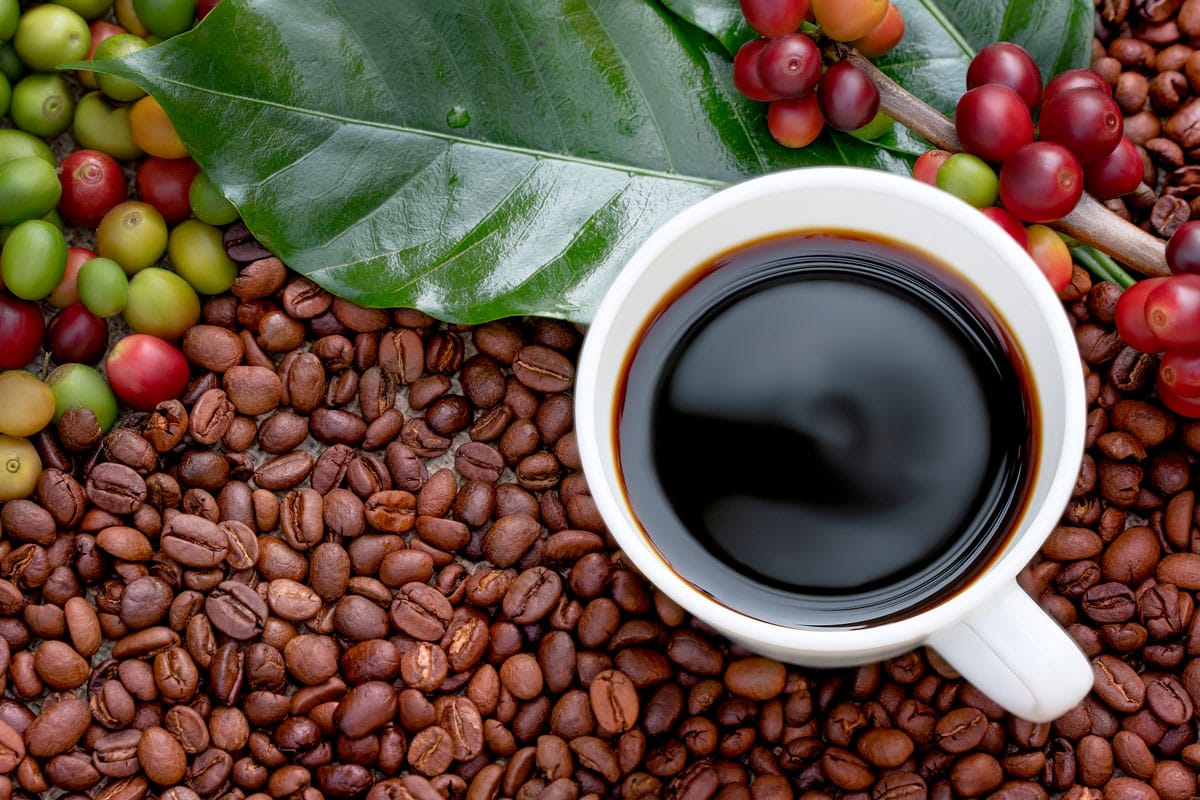
One of the misconceptions about Colombian coffee is its high acidity. That isn't true. Generally, Colombian coffee tends to be sweeter and less acidic regardless of roast.
South American coffee has a lighter, more mild flavoring than other varieties, hence why so many love drinking it. Of course, that's not to say your Colombian coffee won't ever be slightly bitter, but this shouldn't be the case most times.
Furthermore, you may even notice your cup of Colombian coffee has a nutty or fruity taste. For that reason, acidity won't usually come into play.
How you roast coffee also can affect bitterness and acidity. If you keep your coffee light, it shouldn't have bitterness at all, while darker roasts are more prone to this. Remember, coffee is an art form, so it takes trial and error.
Which Is Sweeter: Colombian Coffee Or French Roast?
You can usually expect Colombian varieties to be sweeter than French roast coffee. Considering that French roasts will often have a darker and stronger taste, that can affect how sweet they are.
As we mentioned above, Colombian coffee has high amounts of caffeine, without the bitterness of a regular option, explaining its popularity. You may even taste hints of fruitiness or nuttiness in Colombian coffee.
However, if your French roast is lighter, it's uncommon to mistake it for a cup of Colombian coffee. Typically, light-medium French roasts will have a softer, less fruity taste compared to Colombian beans, but that's not to say the two don't regularly get confused.
Again, expect a sweeter, softer taste with lighter roasts, and the opposite, the darker and stronger you get.
What Is The Best Type Of Coffee?
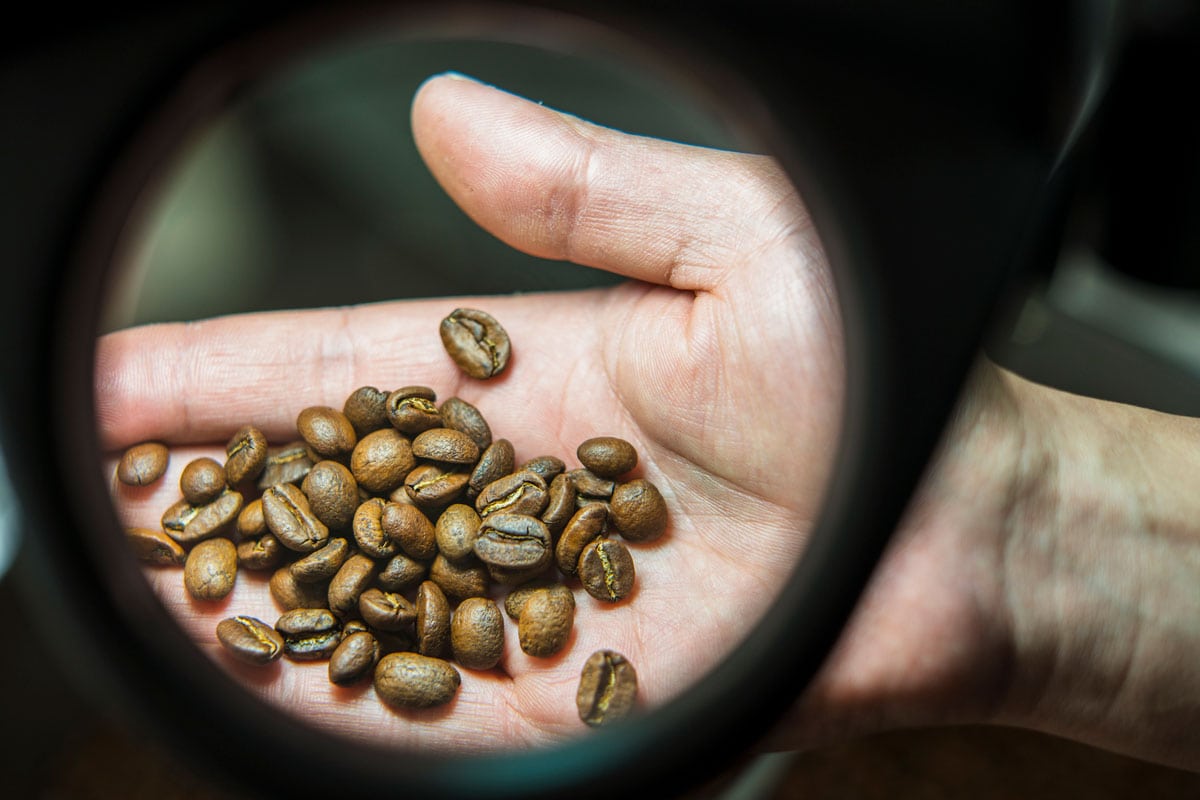
For those wondering what coffee is the "best," this comes down to taste preference. Hawaiian coffee beans score highest for quality, flavor, and overall brew.
Specifically, 'Hawaiian Kona Coffee Beans' come out as the top option. According to a list of best coffee beans globally, Hawaiian and Jamaican coffee beans are superior in terms of taste.
Furthermore, Peaberry beans from Tanzania are also rich in flavor. As we covered, the more sustainably sourced and natural a coffee bean, the better it's quality.
The list also mentions a few medium roast beans from around the world, so lighter coffee tends to score higher than dark.
How Can I Make My Coffee Taste Better?
Whether you're a coffee addict or love one cup each morning, there are ways to make your brew taste better. In general, you want to find high-quality, premium-grade beans.
Organic and ethically sourced options will taste best, so keep an eye out for those terms. Also, hand grinding your coffee will give it a fresher taste/feel.
Water quality will also affect the taste of your brewed coffee. We recommend using filtered water for anything coffee-related to prevent harsh chemicals from getting into your drink.
Again, the flavor starts from the second a coffee bean is grown, so the easiest way to ensure your coffee tastes delicious is to purchase the best quality product possible.
To Wrap It All Up
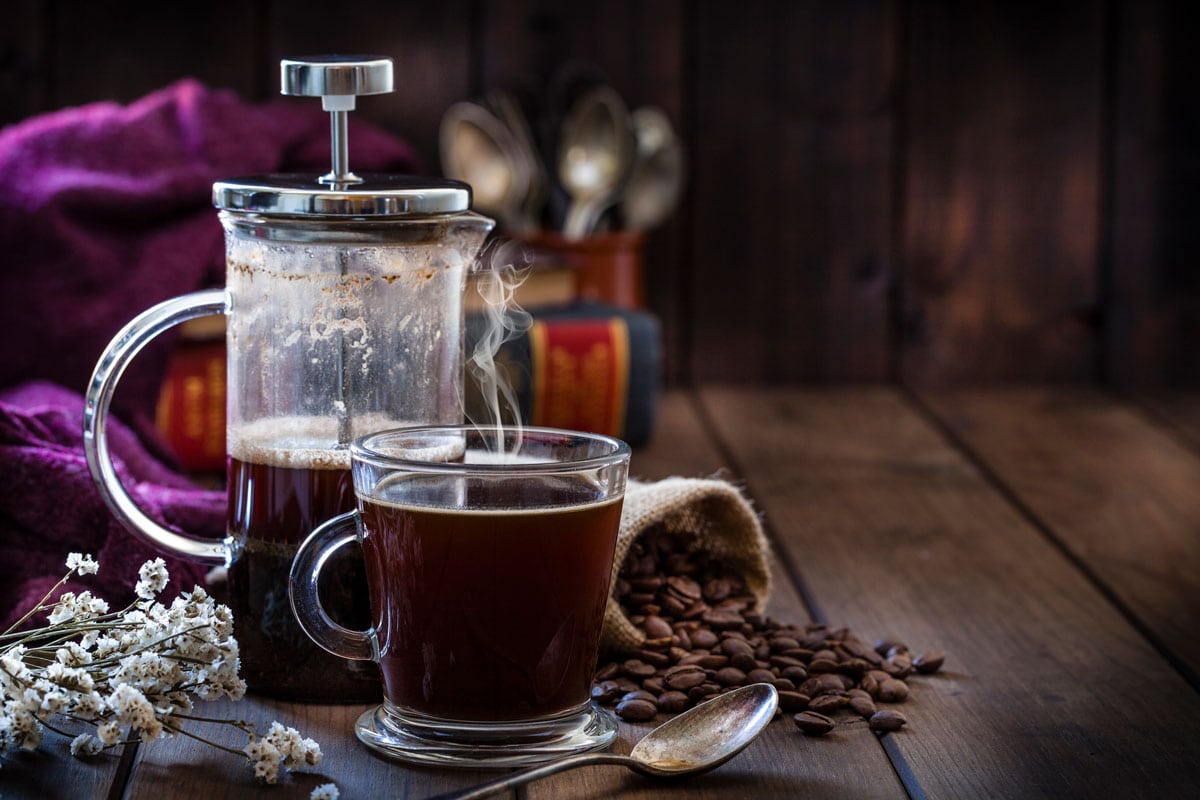
Whether you drink coffee every day or a few times each week, you have to know the caffeine levels. From what we found, Colombian coffee does have plenty of caffeine, but not most of all coffee varieties.
Generally, you can expect Colombian coffee to have between 30-50 milligrams of caffeine per espresso serving. Furthermore, an eight-ounce cup of Colombian coffee will have roughly 200 milligrams, which is more than a regular brew.
Regardless, it's essential to find coffee beans that are premium quality and ethically sourced, so make sure to take your time when deciding. Now let's drink some coffee!
Made it to the end? Check out these super helpful related posts below!
What Kind Of Coffee To Use For Espresso Machine
Bold Setting On Coffee Maker: What Does That Do?
Can You Put Coffee Ground In The Garbage Disposal?

